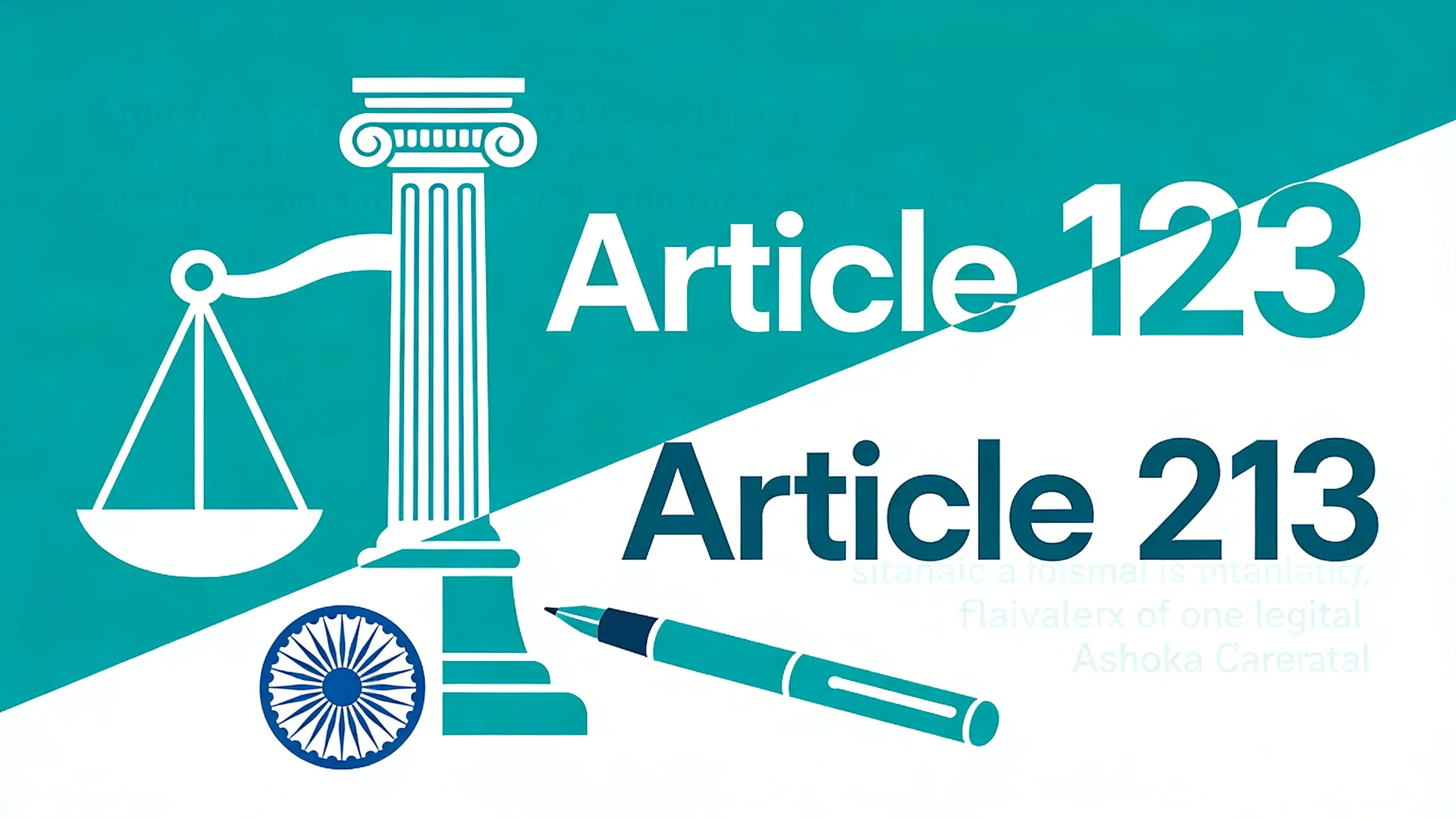
Decoding Title Verification: Your Shield Against Property Fraud in India
Learn how a thorough title verification serves as your ultimate protection against property fraud in India, ensuring your real estate investment is legally secure.
In the intricate and often complex world of Indian real estate, “title verification” is a critical step for any prospective property buyer. It is the comprehensive process of examining property documents to confirm legal ownership and ensure the property is free from any disputes or liabilities. For any homebuyer or investor in India, a meticulous title verification is not merely a procedural formality but an essential safeguard against potential fraud and future legal entanglements.
Investing in property is a major financial commitment. Therefore, ensuring the seller possesses the absolute and marketable right to transfer ownership is paramount. A flawed title can lead to protracted and costly legal battles, jeopardizing your investment. This article provides a detailed, guide to understanding and navigating the nuances of title verification in India for a secure and transparent property transaction.
Why is Title Verification Non-Negotiable?
The importance of a thorough title verification cannot be overstated. It is a crucial due diligence measure that offers legal clarity and mitigates a multitude of risks associated with real estate deals. Here’s why it’s an indispensable part of any property purchase:
- Establishes Legal Ownership: The primary goal of title verification is to confirm that the seller is the legitimate owner and has the legal authority to sell the property.
- Identifies Encumbrances: It helps uncover any existing financial or legal liabilities on the property, such as mortgages, liens, or unpaid property taxes.
- Reveals Legal Disputes: A comprehensive verification process can bring to light any ongoing litigation or legal disputes connected to the property.
- Ensures Marketability: A property with a clear and marketable title is easier to sell or mortgage in the future, thus enhancing its value and liquidity.
- Prevents Fraud: It acts as a significant deterrent to fraudulent activities where an individual may attempt to sell a property they do not legally own.
- Protects Your Investment: Ultimately, title verification secures your financial investment and provides peace of mind.
The Step-by-Step Guide to Title Verification in India
The process of title verification requires a methodical examination of various property-related documents and public records. While engaging a qualified property lawyer is highly recommended, understanding the steps involved can empower you as a buyer.
Step 1: Collection of Essential Documents
The initial step is to gather all pertinent property documents from the seller. This includes the ‘mother deed’ or the original title deed, which traces the property’s origin, and the chain of subsequent sale deeds, gift deeds, or partition deeds.
Step 2: Scrutiny of the Title Deeds
A legal expert will meticulously examine the title deeds to establish the history of ownership. This process, often called a “title search,” typically traces the ownership history back at least 30 years to ensure an unbroken and clear chain of title. The lawyer verifies the authenticity of the documents and checks for any inconsistencies.
Step 3: Verification at the Sub-Registrar’s Office
A crucial part of the process is to verify the documents at the local Sub-Registrar’s Office where the property is registered. This helps confirm the genuineness of the sale deeds and other registered documents.
Step 4: Obtaining the Encumbrance Certificate (EC)
An Encumbrance Certificate is a vital document issued by the Sub-Registrar’s office that details all registered transactions related to the property for a specific period. A ‘nil’ encumbrance certificate indicates that the property is free from any registered financial or legal liabilities. It is advisable to obtain an EC for the last 13 to 30 years.
Step 5: Examination of Revenue Records
Inspecting revenue records, such as the Record of Rights (RoR) or Patta, helps in confirming ownership details and tracking the history of land revenue payments. The mutation records, which document the transfer of title in the local municipal records, must also be verified.
Step 6: Checking for Pending Litigation
The legal expert will conduct a search in the local courts to ensure there are no pending lawsuits or legal disputes concerning the property.
Step 7: Physical Survey of the Property
While not strictly a legal verification step, a physical survey of the property is recommended to ensure that the dimensions, boundaries, and other physical attributes match the details mentioned in the title documents.
Step 8: The Final Title Search Report
After a thorough examination of all documents and records, the lawyer prepares a “Title Search Report” or a “Legal Opinion.” This report summarizes the findings of the verification process and offers an opinion on the marketability and clarity of the property’s title.
Essential Documents for Title Verification
To ensure a smooth and comprehensive title verification process, it is essential to have the following documents:
- Sale Deed/Title Deed: The primary document establishing ownership.
- Mother Deed/Parent Document: Traces the origin of the property’s ownership.
- Encumbrance Certificate (EC): To check for any registered liabilities.
- Property Tax Receipts: To ensure all taxes have been paid.
- Mutation Certificate: Reflects the transfer of title in the local municipal records.
- Building Approval Plan: The sanctioned plan from local authorities.
- Occupancy Certificate/Completion Certificate: For newly constructed properties.
- Power of Attorney (if applicable): In case the seller is acting through a representative.
The Role of Professionals
Given the legal complexities involved, it is highly advisable to enlist the services of a qualified property lawyer or a specialized firm for title verification. These professionals possess the expertise to identify potential issues that a layperson might overlook. They can navigate legal jargon, understand the intricacies of property laws, and provide a comprehensive and accurate assessment of the property’s title. Their legal opinion serves as a crucial shield for your investment.


